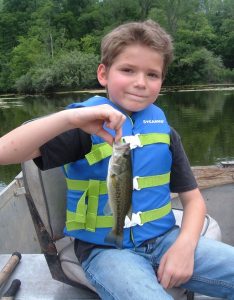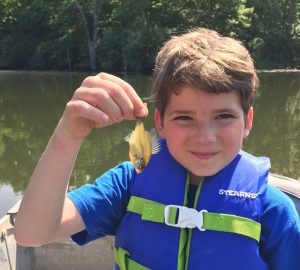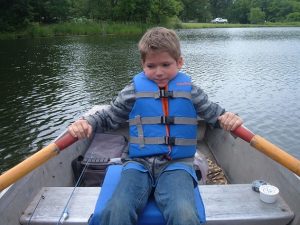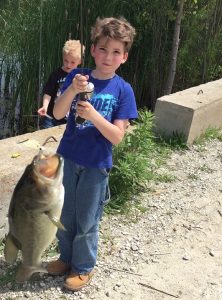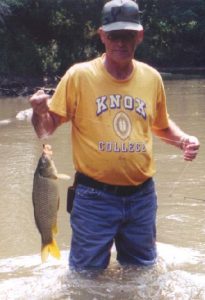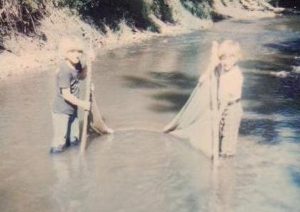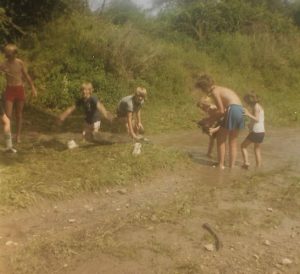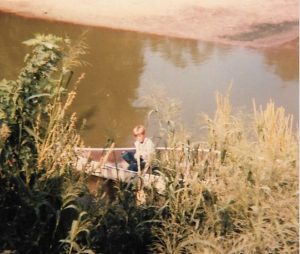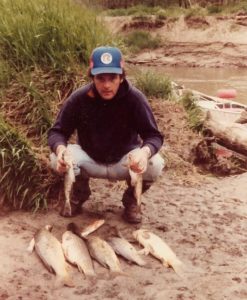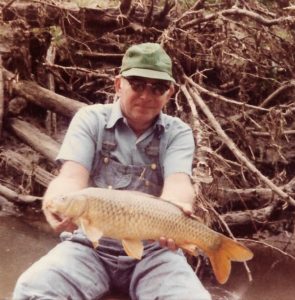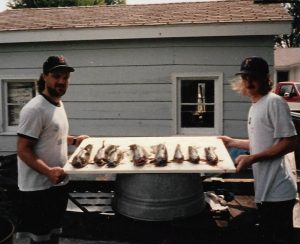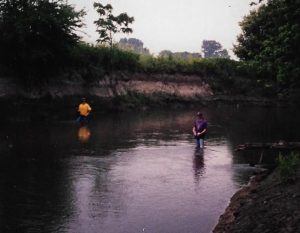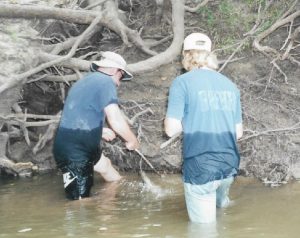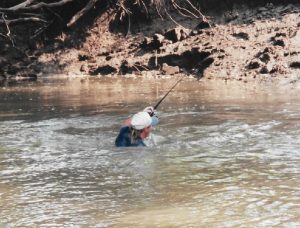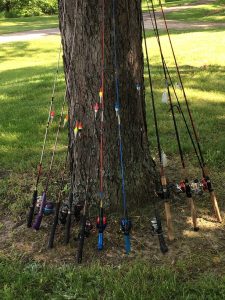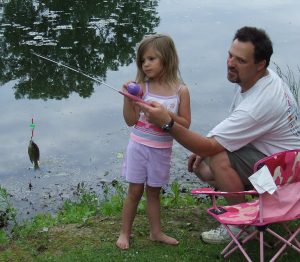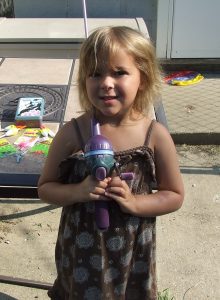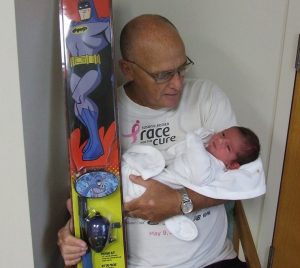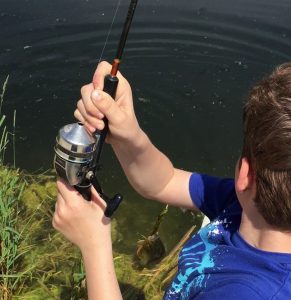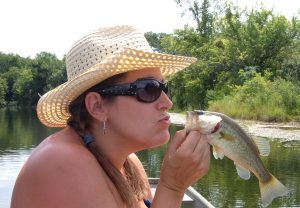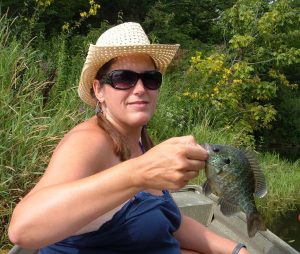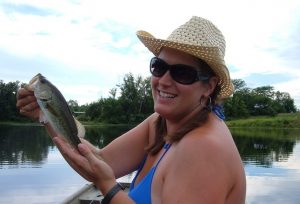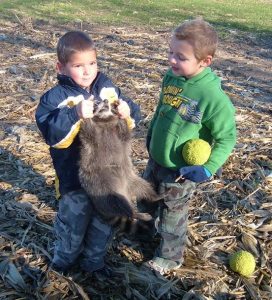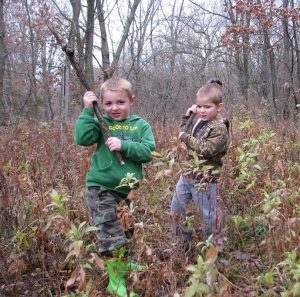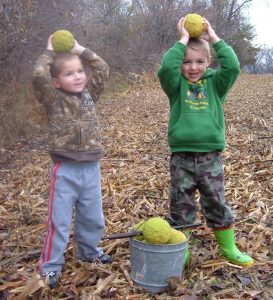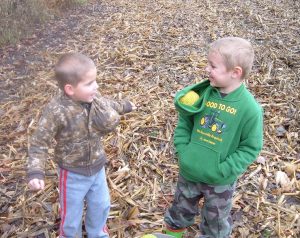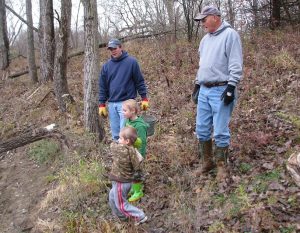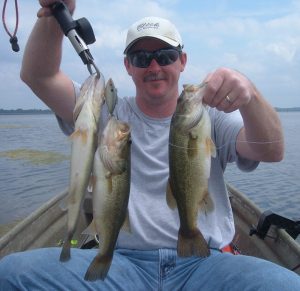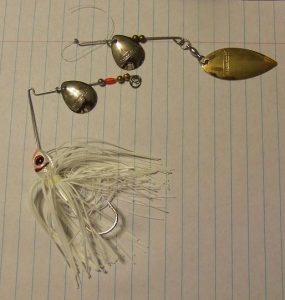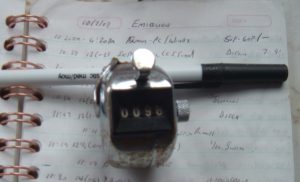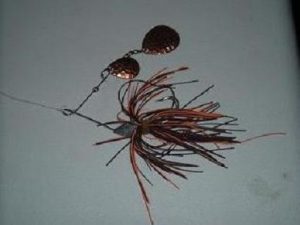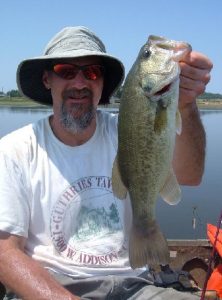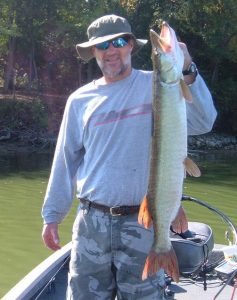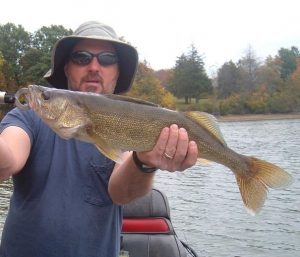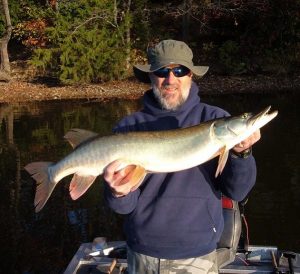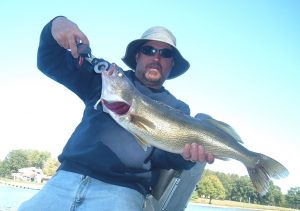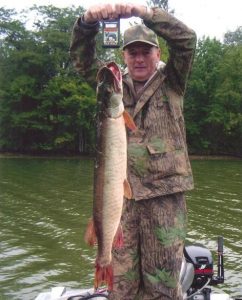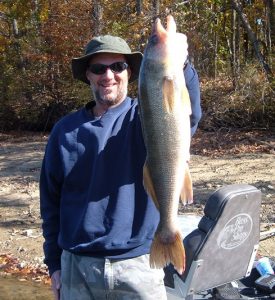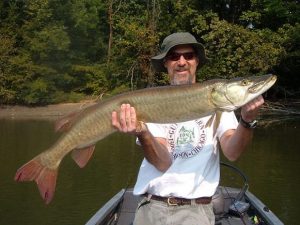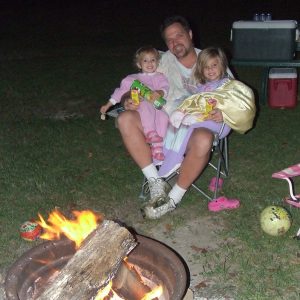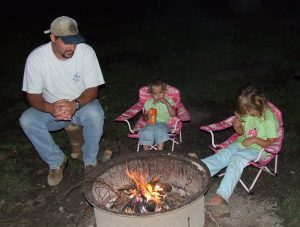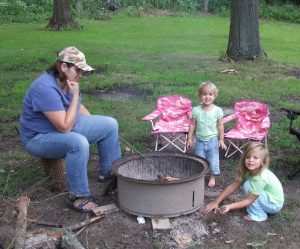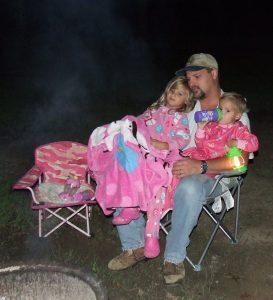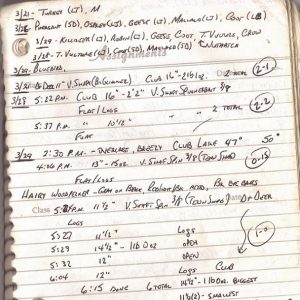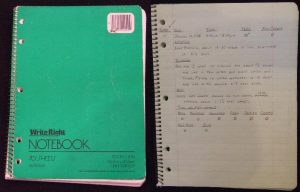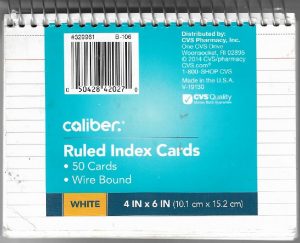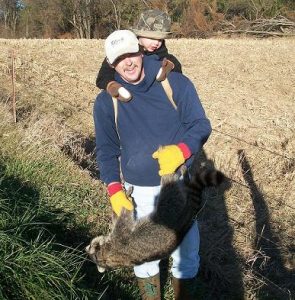
There are many unsung heroes among the gear that accompanies us outdoor types into “the wild.” No doubt that packbaskets rate quite high on the list of essential trapping accessories. They are not only invaluable in hauling traps, bait and lure for the process of making your sets but also make it much easier to lug your catch out when those previously mentioned items do their thing.
And as you can see from the today’s blog banner picture, a packbasket can also assist in transporting small trappers whose little legs just aren’t up for the long haul. In this case, the trapper in tow is my nephew, Brady, getting a free ride from his dad, Brent. This shot is from 2008 so it puts the age of the packbasket likely close to 30 years, which means that it has seen a lot of interesting baggage in its time. Point being, if that boy had any idea what has been in that thing over the years, he’d probably be bailing out in a hurry. A classic case of what you don’t know won’t hurt you and we aren’t telling, for good reason.
You see, Dad and Uncle Dick invested in packbaskets back in the late 60s or early 70s, a time when the muskrat population was rather nuts. After a few too many lengthy hikes back to the vehicle from creeks, ponds and sloughs, arms draped with a dozen rats apiece, they figured that there’s got to be a better way. And just as its easier to carry a kid on your back than in your arms, so it goes with fur.
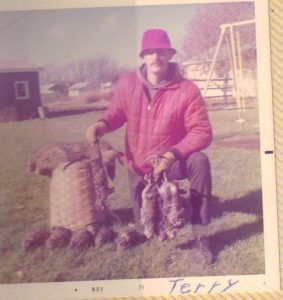
1971 – Dad with a catch that perfectly demonstrates how the packbasket eases the load
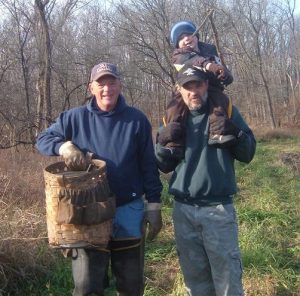
2011 – Dad, Jayce and me with a cool packbasket shot as it rarely gets in the pics. I opted for the good old shoulder ride with my boy over a packbasket ride.
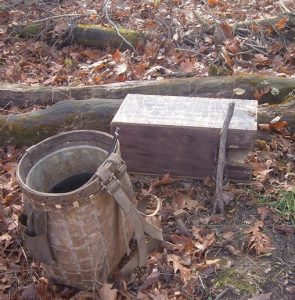
The packbasket was just what the doctor ordered for coons and beaver as well during treks of several miles through what we called “The Big Timber.” Similar to a fishing float trip, one truck would be left at the end of the trapline as the trappers were hauled to the start in another vehicle and dropped off for the walk through the creek. Let me tell you, coon legs are not a particularly comfortable handle if you have to walk very far and no matter how often you switch hands, the ball of your thumb begins to holler in a hurry. Of course, when you get that second coon, there ain’t no more switching hands.
Enter the packbasket and problem solved. Well, at least until you get about five coons or a 50-pound beaver, a few rats and a couple coons, or a weary legged kid. Oh well, techniques and lessons in trapping decision making for another day. Overall, a good problem to have and makes for some good stories when those packbaskets wind up overflowing. Talk to you later. Troy
